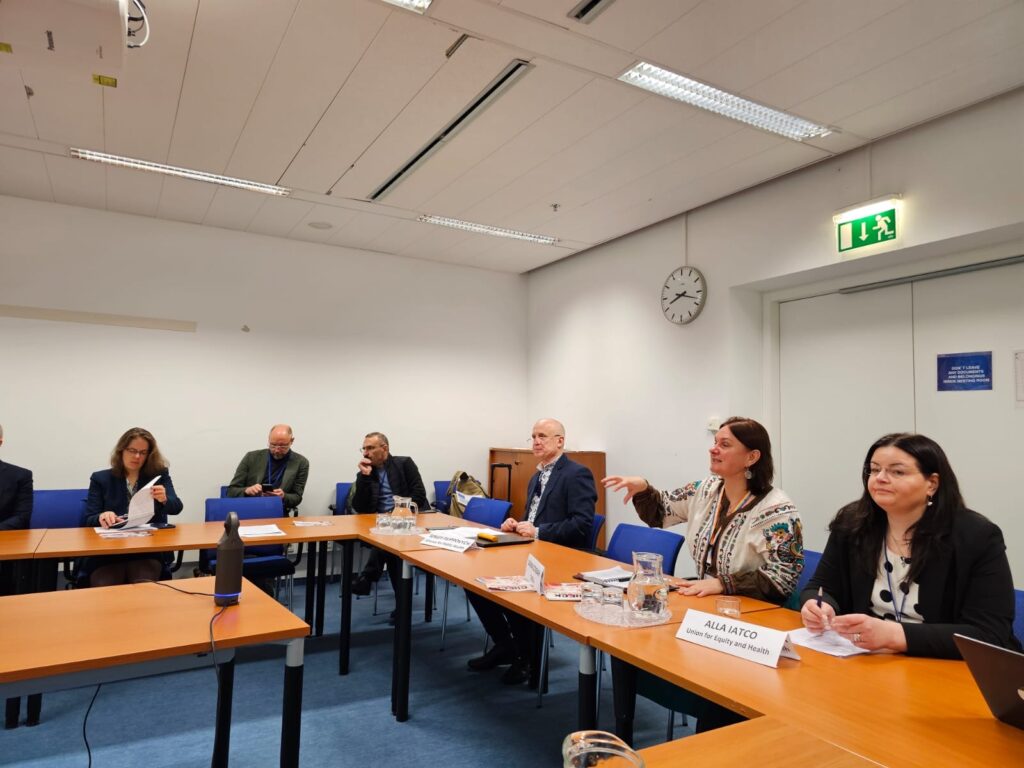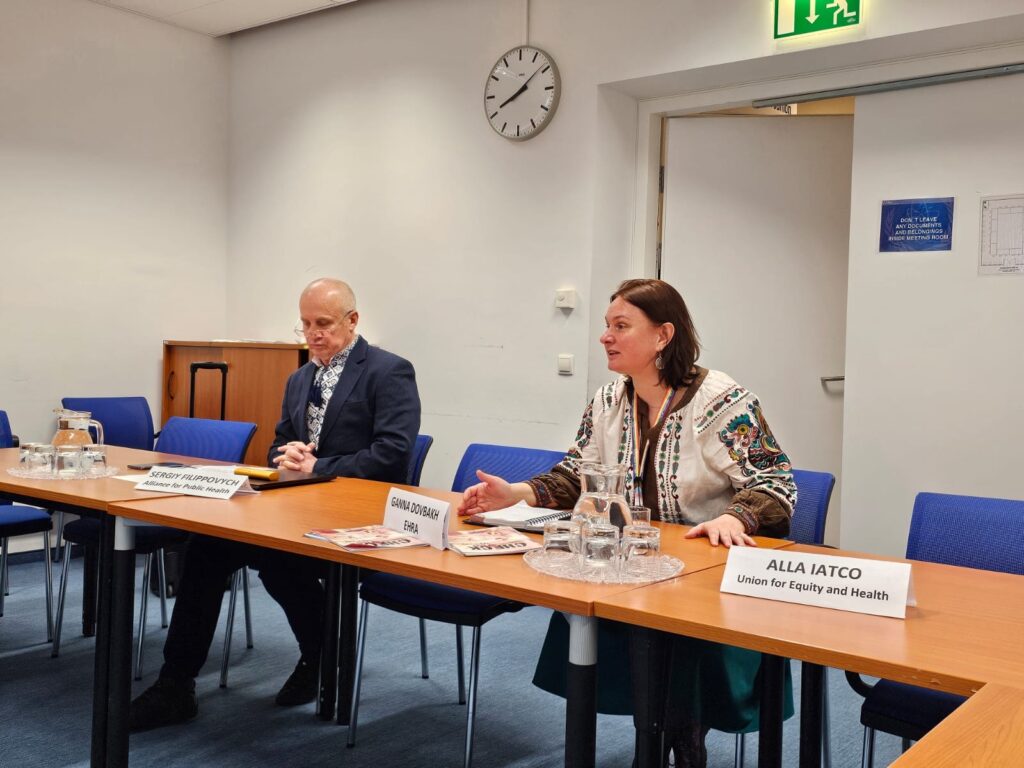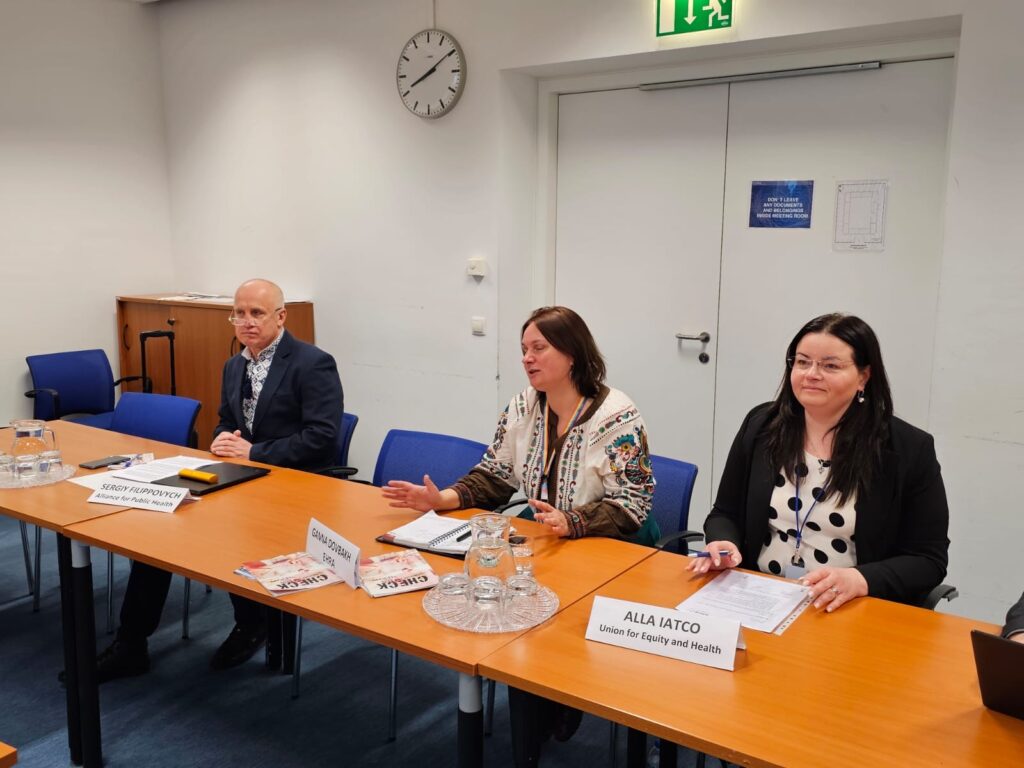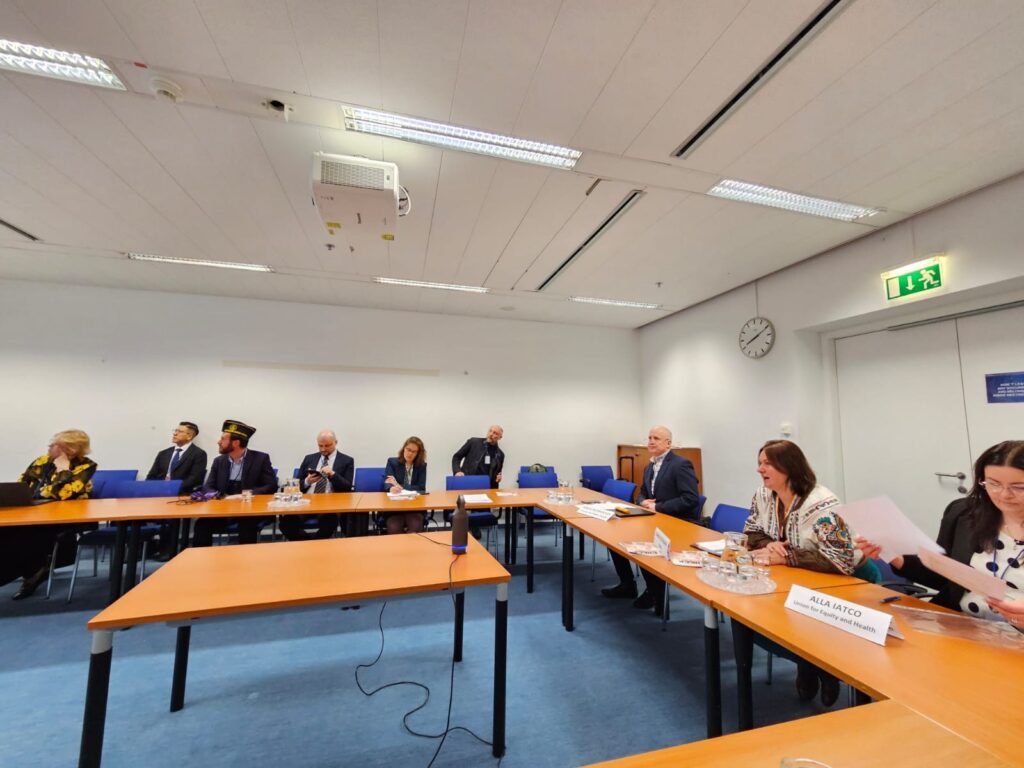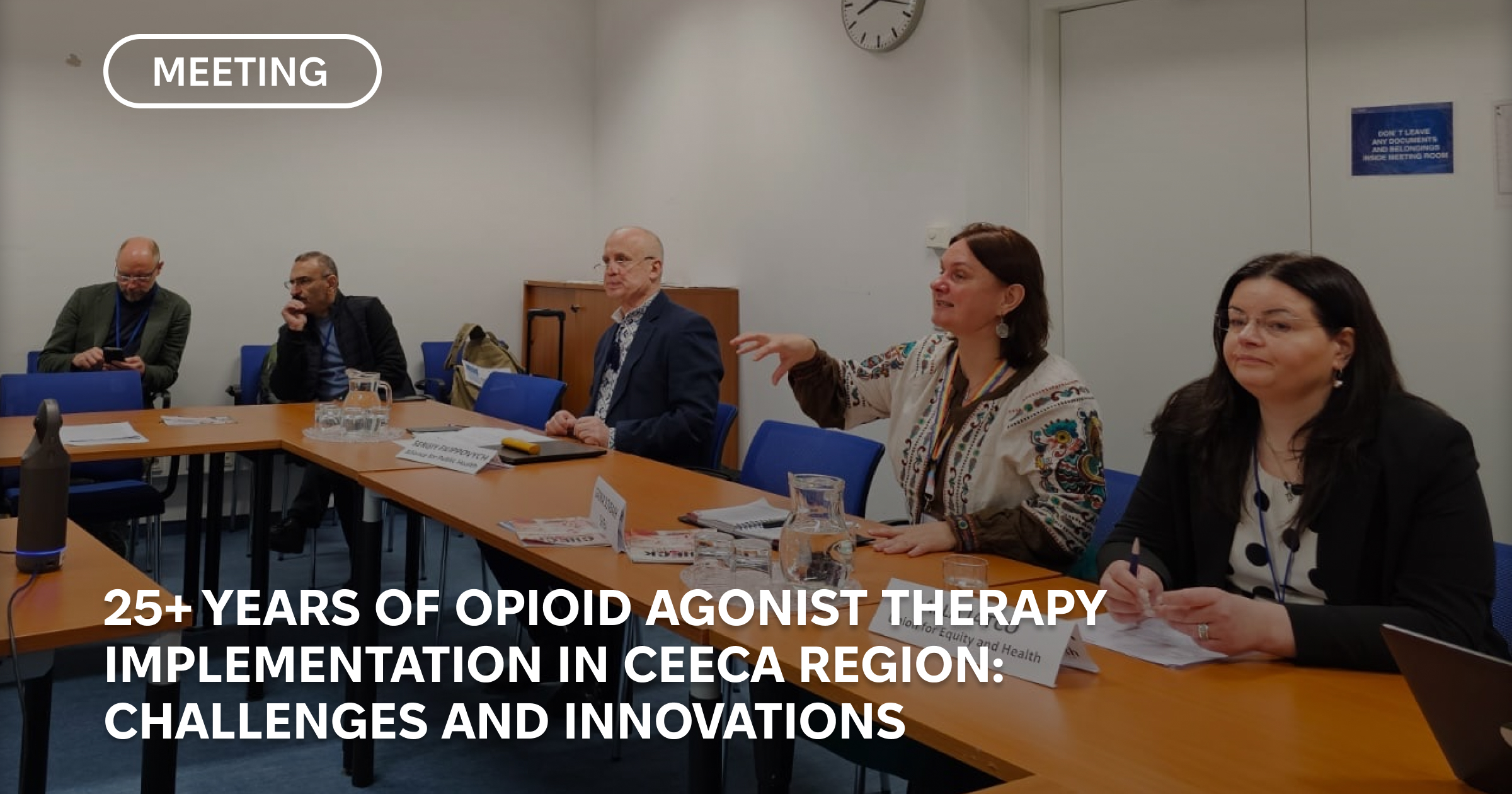Leading experts presented their research and achievements in drug dependence treatment in Central and Eastern Europe and Central Asia (CEECA) at the 67th session of the Commission on Narcotic Drugs (CND). The event, organized by the Alliance for Public Health together with EHRA and Frontline AIDS, brought together experts and civil society representatives to discuss key aspects of OAT and overcome challenges in providing access to treatment for opioid dependence.
During the meeting, experts shared 25 years of experience in developing OAT programs in the CEECA region, highlighting important lessons learned and innovative approaches to improve treatment access and effectiveness.
Methadone has traditionally been the main drug of choice for OAT programs, but buprenorphine, often in combination with naloxone, is also available in 18 countries, including Slovenia and Ukraine, where slow-release buprenorphine is also available. Delayed-release morphine is available in Bulgaria and Slovenia. Only six countries in the region, including Croatia, Estonia and Hungary, provide OAT for more than 20% of people who inject opioids.
Private OAT centers operate in some countries, and in Slovenia and Croatia mobile and family doctors provide access to OAT. However, in prisons in Georgia and Hungary, access to OAT is limited, and in Albania, Latvia, Montenegro, and Serbia, people cannot start treatment while incarcerated, although it is available to those who received OAT prior to arrest.
Anna Dovbakh, Eurasian Harm Reduction Association, presented an overview of OAT achievements in CEECA countries. She highlighted the importance of collaboration between the community and researchers, noting that it is this partnership that contributes to the creation of more effective programs and increased client satisfaction.
Ala Latco, Union for Equality and Health, presented the progress and innovations in OAT programs in Moldova. She emphasized that the successful integration of OAT into national opioid addiction treatment strategies has a significant impact on the effectiveness of the fight against this problem. National funding in Moldova has made the OAT program available to everyone, regardless of health insurance.
Pavel Scala, Director of Policy and Partnerships at the Alliance for Public Health, and Sergiy Filippovych, Director of #SoS_project, spoke about Ukraine’s experience with OAT in their presentation.
“The development of OAT in Ukraine underscores the critical role of civil society in promoting public health initiatives and shaping policies to effectively treat opioid addiction, providing a blueprint for other countries facing similar issues.” said Sergiy Filippovych.
Pavlo and Sergiy also emphasized the importance of civil society, political support and international cooperation in the successful fight against opioid addiction.
In Ukraine, thanks to effective advocacy and participation of civil society, cooperation with international organizations and support from donors such as the Global Fund and PEPFAR, an effective OAT system has been established, which has ensured sustainable provision of treatment to drug addicts, even in times of war, and contributed to the reduction of HIV infections and access to ART.
The experts expressed their hope that sharing their experiences and knowledge at this meeting will help to improve the effectiveness of OAT programs, increase access to them and significantly improve the quality of life of people facing drug dependence.
The meeting was organized by Frontline AIDS, Alliance for Public Health, Eurasian Harm Reduction Association – EHRA, Office of the Government of the Czech Republic, Alliance for Equality and Health.
